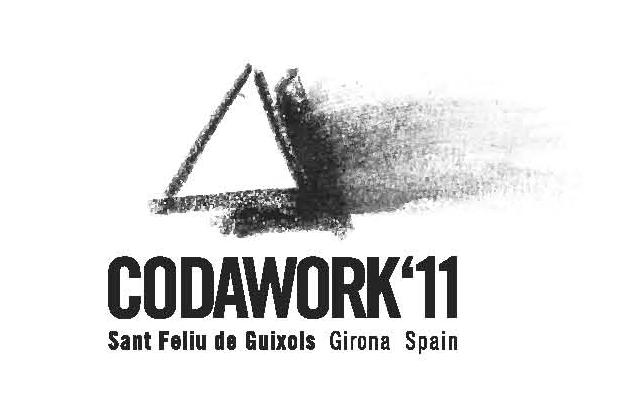|
Home

CoDaWork 2011, the fourth international Workshop on Compositional Data analysis, offers a forum of discussion for people concerned with the statistical treatment and modelling of compositional data or other constrained data sets, and the interpretation of models or applications involving them. The primary goal of the workshop is to identify important potential lines of future research and gain insight as to how they might be tackled.
CoDaWork 2011 intends to bring together specialist researchers, data analysts, postgraduate students, as well as those with a general interest in the field, to summarize and share their contributions and recent developments.
On compositional data:
Compositional data (CoDa) are typically defined as vectors of positive components and constant sum, usually 100% or 1. These conditions render most classical statistical techniques useless on compositions, as they were devised for unbounded real vectors. However, there are many more types of data having the same limitations: as soon as the variables of a data set show the relative importance of some parts of a whole, data must be considered compositional. Examples of disguised compositions are data presented in ppm, ppb, molarities, or any other concentration units. Aitchison introduced the log-ratio approach to analyse CoDa back in the eighties. His solution was based on transforming the data vector with some log-ratio transformations, and applying classical techniques to the scores so obtained. This became the foundation of modern CoDa analysis, nowadays based on an own geometric structure for the simplex, the sample space of CoDa. The validity of these considerations is not restricted to CoDa: there are many more data sets which sample space is not obbeying the rules of real numbers, or that can be given an own, alternative, meaningful geometric structure. Examples abound in the natural and social sciences: vectors of positive amounts, functional data, spherical data, ordered variables, etc. CoDa analysis insights may be of good use to scientists working with these data sets, and vice versa.
|
|

